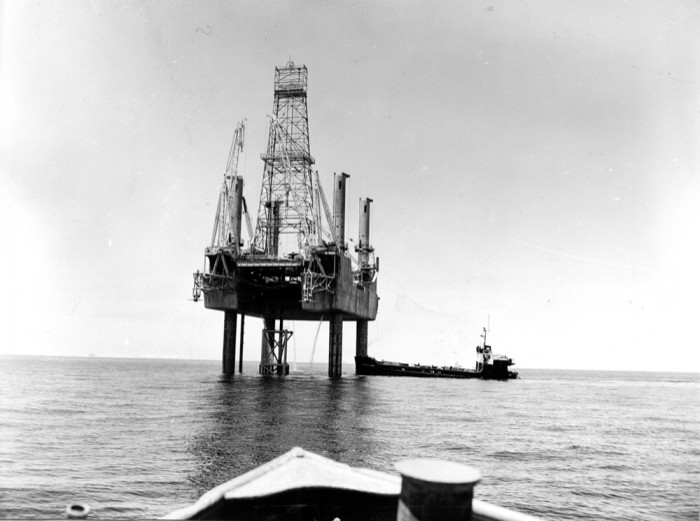Exploration Between US & Mexico About To Increase: New Agreement Approved By Congress Will Help Tap Into New Reserves

Congress on Wednesday approved an agreement between the U.S. and Mexico allowing joint energy development projects along their shared maritime border as part of the final approval of Congress’ budget deal.
“The energy production made possible by this agreement will put Americans to work and raise more revenue for the government,” Erik Milito, director of upstream and industry operations for the American Petroleum Institute, said. “American companies will now have the certainty they need to invest confidently along our maritime border with Mexico.”
The Transboundary Hydrocarbon Agreement between the U.S. and Mexico establishes a cooperative process for managing oil and gas reservoirs along the boundary region in the Gulf of Mexico. The agreement is part of the bipartisan budget bill approved today by the Senate and last week by the House of Representatives.
“Offshore oil and natural gas development in the U.S. today is largely limited to the Western and Central Gulf of Mexico,” Milito said. “Opening up new areas in the Atlantic, Arctic, Pacific and Eastern Gulf of Mexico could produce even more energy, job creation and money for the government.”
The agreement could also mean more business for U.S. maritime industry as shipyards will produce more vessels to help service the exploration rigs.
“I think it is critical to point out the booming offshore oil and gas sector in the Gulf of Mexico,” Matt Paxton, president of the Shipbuilders Council of America, told International Business Times.
There are roughly 4,000 offshore platforms in the Gulf of Mexico and the number may increase by 25 percent, which will require “substantially bigger and more complex offshore supply vessels,” Paxton said.
In response to the agreement, the Sierra Club said the deal is far from perfect, “as it permits more drilling -- via the Transboundary Hydrocarbon Agreement between the U.S. and Mexico -- that threatens our coasts and our oceans and feeds our reliance on dirty fossil fuels,” Athan Manuel, director of the Lands Protection Program at the Sierra Club, told IBTimes. “The only silver lining to that provision is that the energy industry's attempt to gut critical disclosure requirements has been stopped in its tracks"
© Copyright IBTimes 2024. All rights reserved.





















